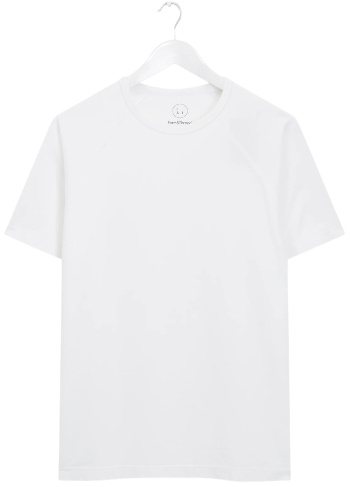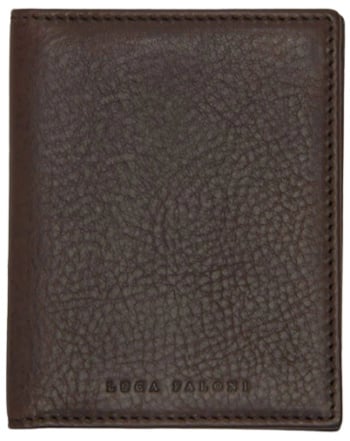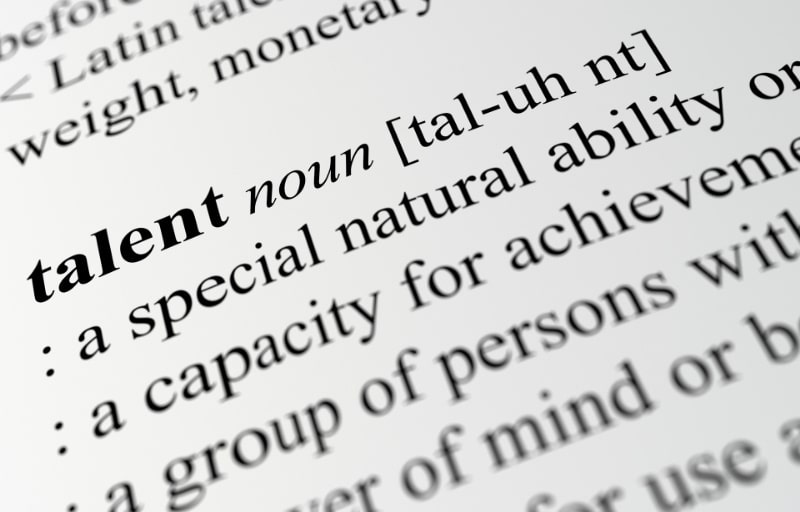“Rub some dirt on it!”…okay?
Now life is still hard and covered in dirt. It would seem this outdated, oft remarked adage doesn’t hold up.
Like trying to time a visit to the DMV, life can be excruciating and unpredictable.
You trudge up a flight of steep, slippery stairs and life spartan kicks you in the chest and grumbles “try again” as you free fall back to the bottom.
In earnest, there are periods in life that leave guys feeling crushed. Here are three options that if taken seriously, can yield results for years to come.
Skip Ahead
1. Crank the Stress Dial Down
I’ll be blunt. We’re going to review a smidgen of science. It won’t take long and it won’t hurt a bit.
There are two kinds of stress that occur in our bodies: acute stress and chronic stress. Acute stress is triggered by mini events or situations that we come across daily. We assess a problem, and our body releases stress hormones that assist us in handling it.
Chronic stress is the result of ongoing exposure to situations that repeatedly place us in an alert state. This can happen even when we should be calm, focused, and going about our day.
Stress triggers our body’s “fight-or-flight” response, which prepares us to handle danger. This is helpful if you’re about to deliver the most important presentation of your life, or if you’re merging onto the highway. But if you’re at home sending an email, this response shouldn’t be firing.
The tricky part? A daily barrage of buzzes, dings, texts, calls, and notifications can trigger this response. And that’s a serious problem in our otherwise futuristic gizmo society.
One of the keys to stress management is to improve your heart rate variability (HRV), a key biometric of stress, so you can feel more calm, balanced, and perform at your best. Surprisingly, the folks over at Apollo Neuroscience, co-founded by Dr. David Rabin, MD, PhD and his wife, Kathryn Fantauzzi, have designed a wellness wearable that does just that.
Apollo is a small device that you strap onto your wrist or ankle. Controlled by an app, you handpick one of seven modes. Then, Apollo releases gentle vibrational frequencies that tap into your sense of touch and signal to your brain, “hey, it’s all good here, you can calm down.”

Unlike other wearables in the market such as Whoop, Apple Watch, or FitBit, Apollo aims to improve your biometrics—not just track them.
There’s only two buttons on the device and no screen: it’s not supposed to be another thing you have to frequently check. Set it, forget it, and let it gently buzz you into a calmer state.

Apollo claims these vibrations match the natural oscillation pattern between your heart and your lungs. This all affects your nervous system and helps you shift your mood and crank the stress dial down.
Adapt to every rhythm of life with this wearable designed to help you de-stress, focus, and fight through that mid-afternoon sleepy period that gets me every. single. time.
2. Wim Hof Breathing
You’re likely either thinking “Wim is the man!” or “Wim, what?” This is not merely a breathing technique—but an actual dude.
Wim Hof, commonly called “The Iceman”, is a Dutch athlete and daredevil who’s making waves in the worlds of health, wellness, and human achievement.
Hof holds 21 Guinness World Records, which include swimming below a frozen lake, hiking up Mount Kilimanjaro in a pair of shorts, and sitting in an ice water bath for nearly 2 hours—emerging completely unhindered.
Hof claims he’s not a freak of nature, and that anyone who is willing to tap into their bodies can do the same. Hof’s three-pillar approach is composed of: cold exposure, breathing, and commitment/mindset.
Two studies at Radboud University in the Netherlands helped legitimize Hof’s method. In one study, Hof proved that he was able to voluntarily influence his autonomic nervous system, otherwise thought to be impossible.
The other study revealed that 12
Hof and his breathing have been rigorously studied in recent years, likely due his growing notoriety. And now, the official website has released an extensive list of benefits including: “relieving stress”, “improving sleep”, “boosting your immune system”, and “relieving some symptoms of depression”.
For about $2,500 you can do a six day retreat with Hof. Or, like I did, you can learn his breathing method, start implementing it daily, and practice brief cold showers.
You can have ol’ Wim guide you through the breathing technique himself (video above), but I’ll give you a quick run down of my own. This is not professional advice.
In short, you will take quick, deep breaths in—but instead of exhaling all the way, you simply let go at the top of your breath and allow the air to fall out naturally. Then repeat. After 30 or more of these filling breaths, exhale all the way out and hold until you feel the need to breathe again. After you feel the need to breathe, inhale deeply once more, hold it for 10 seconds, and let it out. That’s it.
You will be astounded at how long you can naturally hold your breath before you feel the need to breathe in again. I’ve gone well over three minutes before without struggling or turning purple. Of course, don’t hold your breath until you turn purple.
On exceptionally crappy days, lay on your back with calming music in, and try 3-4 minutes of this breathing. It’ll be more than a reset. You may feel faintly euphoric, experience tingles in your hands and arms, and hopefully, get a wave of calm that eases over you.
Do your research first and give it an honest try. Breathwork alone might not diminish stress, but I find a bundle of small actions quickly become something palpable. Plus, breathing is free.
3. Walk Around and Look at Things
Psh, really? Yes, really.
If you can get over how simple this one is, you will enjoy major benefits.
Think about the number of changes that occur when you remove yourself from a sedentary position, step through a doorway, and emerge outdoors.
You’ve gone from a ceiling, windows, and walls, to thousands of feet of crisp air and sky above you. Your body is suddenly moving forward in rhythm. Your shoes scratch quietly over concrete. Your limbs soften. Things unfold. Cars pass. People smile. Dogs trot.
A Harvard Health article titled “Exercising to Relax” notes, “even a simple 20-minute stroll can clear the mind and reduce stress.”
It also says that “regular aerobic exercise will bring remarkable changes to your body, your metabolism, your heart, and your spirits. It has a unique capacity to exhilarate and relax, to provide stimulation and calm, to counter depression and dissipate stress.”

For me, it’s an antidote to disorder. A walk is the opposite of a mangled calendar brimming with reminders and events. A pause on an email packed with people, projects, time zones, and requests. A break from a cell phone that ruthlessly commands attention.
A walk is just a walk. You aren’t being timed. You aren’t being judged or approved of. You aren’t going anywhere. You’re just walking and looking—and your body is benefiting big time.
Pick One, Pick All Three
You’ve got Apollo, a device that nudges you into a better mood, a Dutch mad man teaching you to breathe and get chilly, and the sidewalk begging you to go for a stroll.
Adapt to every rhythm of life with this wearable designed to help you de-stress, focus, and fight through that mid-afternoon sleepy period that gets me every. single. time.
Take your pick. There are myriad ways to calm down a frantic mind. Of course, it’s always up to you to take action on behalf of yourself.
Any of these work for you? Do me a favor. Take 10 and go for a walk. See how you feel then.
FAQS
How do you stay calm in hard times?
Difficulties test our ability to remain calm and move forward. It can be overwhelming. There are plenty of actions one can take to mitigate stress and calm down. Read about three effective tools in the article above.
How can I practice being calm?
Often it’s when we desire to calm down that it can be the most difficult to achieve a tranquil state. There are things you can immediately do to calm down wherever you are. One of those is various types of breathing techniques.
Why is it hard for me to calm down?
Anxiousness and stress affect everyone. But people are affected differently. If you suffer from an anxiety disorder, it can be especially hard to calm down. You aren’t alone in this struggle, there are people feeling just like you and there are lots of ways to find relief.











